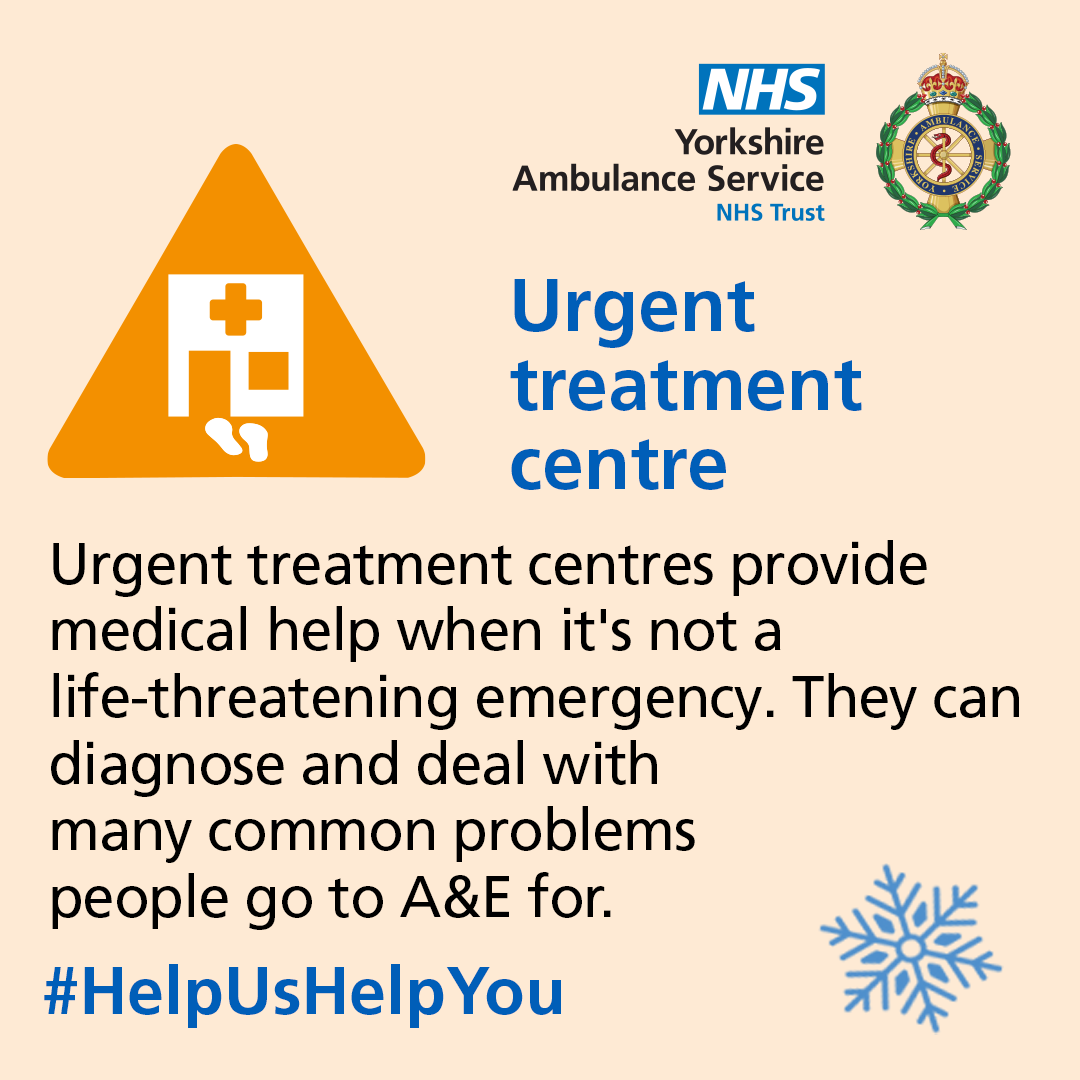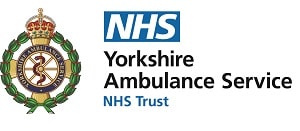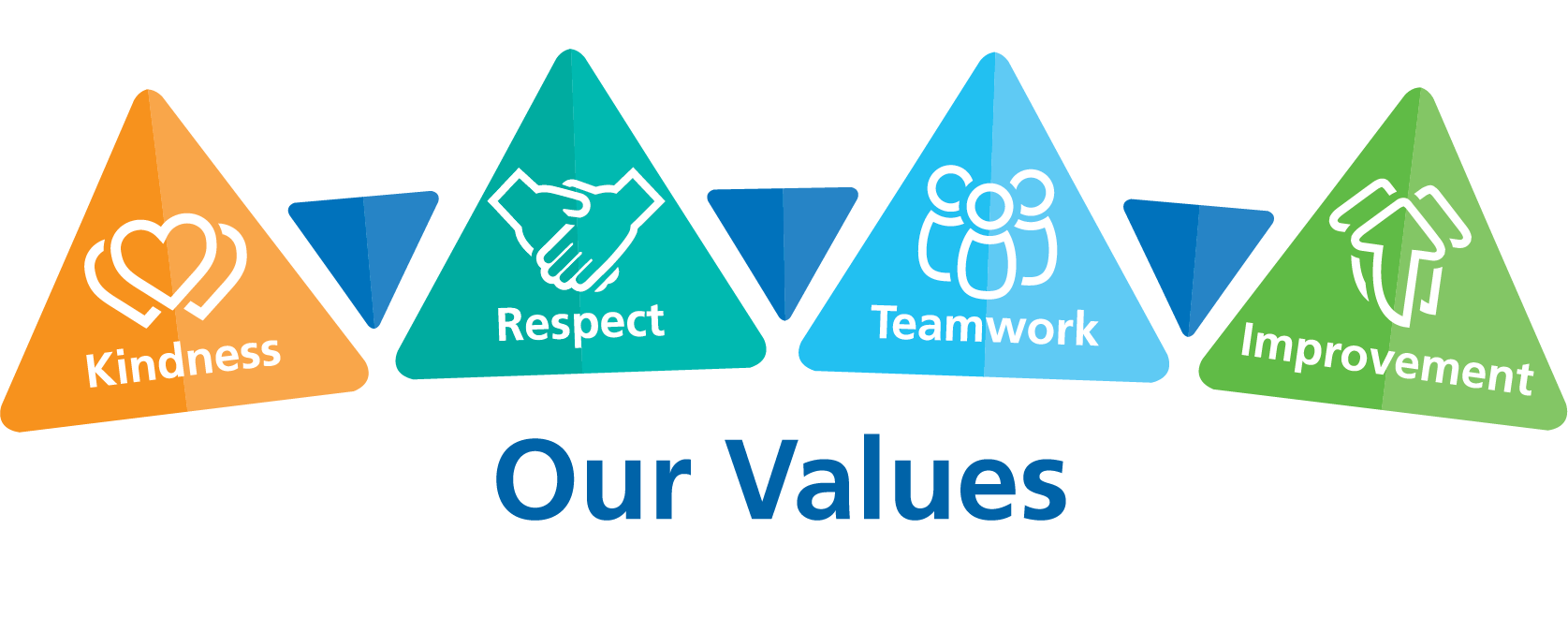Alternatives to calling 999
If it is not a time-critical life-threatening emergency, please consider using an alternative healthcare service. You can search for services in your area at www.nhs.uk/service-search

Self Care
Coughs and colds, grazes, hangovers, sore throats
A range of common minor illnesses and injuries can be treated at home by combining a well-stocked medicine cabinet with plenty of rest.
This list, recommended by the Royal Pharmaceutical Society, will help you deal with most minor ailments:
- Painkillers like aspirin, paracetamol and ibuprofen are highly effective at relieving most minor aches and pains, such as headaches and period pain.
- Antihistamines are useful for dealing with allergies and insect bites.
- Oral rehydration salts are an easy way to help restore your body's natural balance of minerals and fluid which are lost after a bout of fever, diarrhoea and vomiting.
- Anti-diarrhoea remedies can quickly control the symptoms of diarrhoea, although they don't deal with the underlying cause.
- Antacids reduce stomach acidity and bring relief from stomach ache or heartburn caused by indigestion.
- First aid kit including plasters, thermometer, antiseptic, eyewash, sterile dressings, medical tape and tweezers.

Pharmacy
Mild skin conditions, coughs and colds, aches and pains, vomiting, diarrhoea, constipation, conjunctivitis, cold sores and nappy rash
Your local pharmacist can give you advice on illnesses and the medicines you need to treat them.
Visit a pharmacist when you are suffering from a common health problem which does not require being seen by a nurse or doctor. Pharmacists can also help you decide whether you need to see another medical health professional.

NHS 111
You can call 111 when you need urgent medical help but it is not a 999 emergency.
NHS 111 provides confidential health advice and information by phone 24 hours a day, 7 days a week, every day of the year. Calls are free from landlines and mobile phones.
They will ask questions to assess your symptoms and, depending on the situation, will then:
- give you self-care advice
- connect you to a nurse, emergency dentist or GP
- book you a face-to-face appointment
- send an ambulance directly, if necessary
- direct you to the local service that can help you best with your concern.
NHS 111 is also available online at www.111.nhs.uk

NHS urgent treatment centre (walk-in centre or minor injuries unit)
Cuts and grazes, bites and stings, minor head injuries, suspected broken limbs, sprains and strains, feverish illnesses, ear and throat infections, eye problems, minor scalds and burns and abdominal pain
Urgent treatment centres are a facility you can go to if you need urgent medical attention but it's not a life-threatening situation.
You may be referred to an urgent treatment centre by NHS 111 or by your GP. You can also just turn up and walk in.

GP Surgery
GP surgeries provide a range of services by appointment, including medical and health advice, examinations and prescriptions.
They also provide an out-of-hours service which you can contact by telephoning your local surgery and following the recorded instructions.

A&E Department
An A&E department (also known as emergency department or casualty) deals with genuine life-threatening emergencies, such as loss of consciousness, acute confused state and fits that are not stopping, chest pain, breathing difficulties, severe bleeding that cannot be stopped, severe allergic reactions, severe burns or scalds, stroke and major trauma such as a road traffic accident.
Calling 999 and arriving by ambulance doesn’t necessarily mean you will be seen sooner than if you had found your own way to A&E. If you are not in a serious or life-threatening condition, you will be prioritised by the A&E hospital team along with the other patients waiting to be seen.

